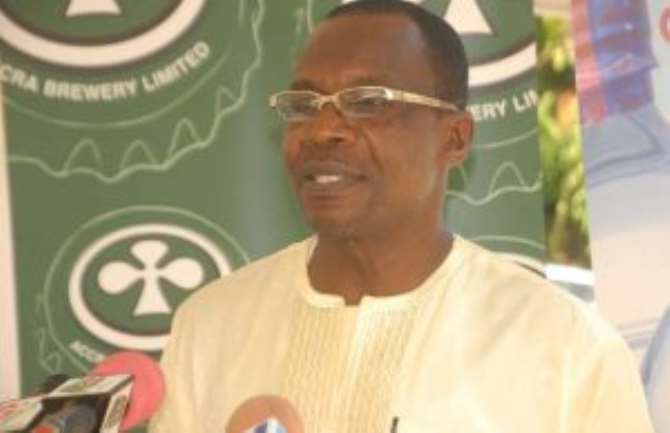Nana Kwesi Gyan-Appenteng, the Chairman of the National Media Commission (NMC), says press freedom without responsibility is a threat to democracy and judicial independence.
He said unethical media practices also undermined the judiciary and its independence.
Nana Gyan-Appenteng was speaking at the opening of a two-day training for court reporters held on the theme: “Responsible and Objective Court Reporting before, during and after the election: The Media and the Law.”
The training is to update and equip journalists, particularly those on court beats with relevant information to enhance their work.
He said professional ethical journalism is an indispensable tool for judicial independence and accountability.
Nana Gyan-Appentang, who spoke on the topic: “Press Freedom and Responsibility: Is the media a threat to Judicial Independence?” said the administration of justice was more important than journalists getting their scoop.
He urged journalists and media practitioners to cross check all information, get their 'vitals' right and understand the court cases thoroughly before reporting.
The NMC Chairman said journalists should also show compassion, restraint and have human understanding regarding cases they report on.
He said the media has a role to advocate access to justice and legal schemes for the poor.
“It's also for the media to highlight the barriers to justice and suggest alternatives models and scenarios,” he said.
Nana Gyan-Appenteng said some of the barriers to justice include political, financial, cultural, linguistic, gender-specific, logistics and geographic.
Justice J.C. Amonoo-Monney, a retired Justice of the Court of Appeal, called on court reporters to equip themselves with relevant legal documents to enrich their stories.
He urged journalists and media houses to use the correct legal expressions of terms used in trials to educate their audiences.
“Courts at the end of trials do not give ruling but rather they give judgment,” he said.
He said most journalists changed the court terminologies, which did not bring the right meaning in the story.
Mrs Grace Tagoe, the Director of Communication, Judicial Service, said the Service duly acknowledged the media's effort in bring accurate, balanced and fair information to the public.
She said there was no denying the critical role the media played in complementing the work of the judiciary in justice delivery.
The journalists were taken through topics like legal terminologies and courtroom etiquette, what constitutes contempt of court, types in relations to the media, court processes and procedures in criminal and civil cases and effective court reporting with emphasis on election petition reportage.
The rest are -Improving access to justice; The role of the media as a partner; Press freedom and responsible journalism; Is the media a threat to judicial independence and The role of the public complaint unit in effective justice delivery.
Source: GNA



Comments